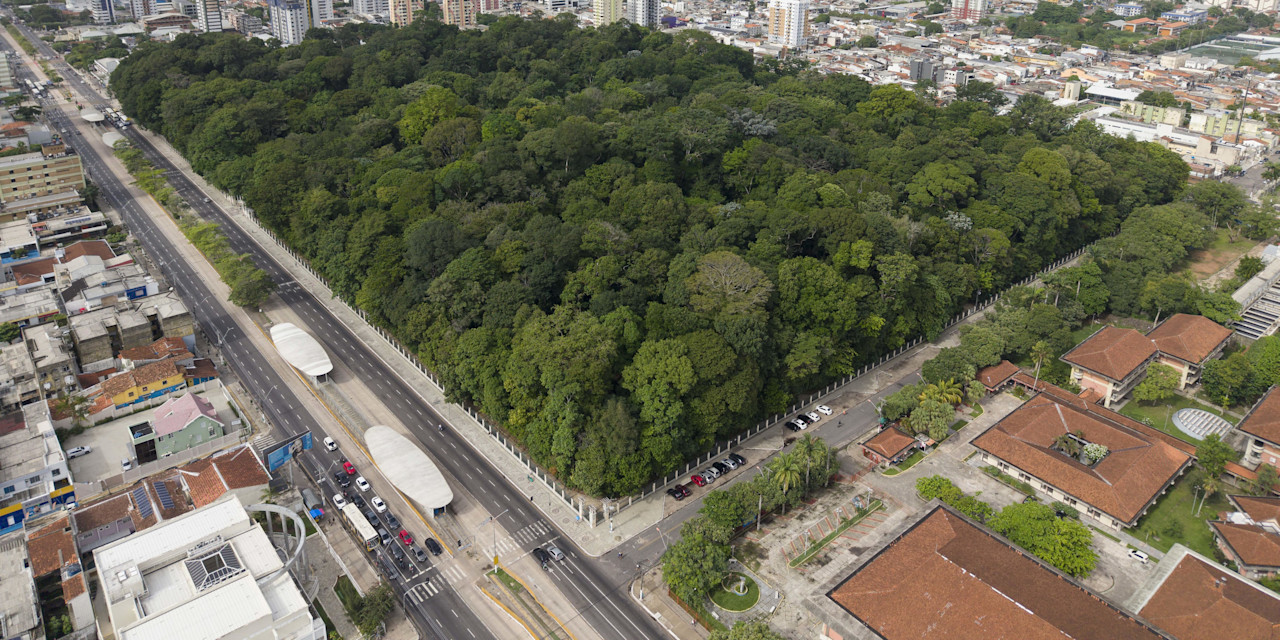

Measuring sustainability performance: comparing an SDG score with ESG ratings
Investors are seeking more powerful tools to measure how sustainable companies are. In this article we compare Robeco's SDG score with traditional ESG ratings and explain why it can help investors create sustainable investing strategies that pursue positive impacts and avoid negative effects.
Summary
- Investors disagree on how best to measure corporate sustainability performance
- Our new paper introduces the Robeco SDG score and compares it to ESG ratings
- Unlike ESG ratings, the SDG score reliably captures both positive and negative impacts
Sustainable investing is hot. Estimates suggest that sustainably invested assets grew 55% from 2016 to 2020, reaching 36% of total assets under management1. More than two-thirds of the USD 35.3 trillion that is invested sustainably involves ESG-integration. However, despite their prominence, the ESG ratings that are used to create such strategies are under fire.
For example, tobacco companies, and mining giants can get top-notch ESG ratings. This suggests ESG ratings fail to thoroughly capture companies’ environmental and social impacts. There is also a lack of correlation between ESG ratings from different providers, creating ‘aggregate confusion’ over what it is that ESG ratings measure. Such critiques led Bloomberg to identify an “ESG mirage” and the Economist dubbed ESG to be “three letters that won’t save the planet”.
Faced with serious disagreement over how to best measure which companies are sustainable, how might investors identify those companies that contribute to a better world and exclude those that have a negative impact?
In our new working paper, we contend that the Sustainable Development Goals (SDGs) are an important blueprint for sustainable investors. Academics posit that sustainable investing is ‘a generic term for investments that seek to contribute toward sustainable development’. The 17 SDGs with their 169 underlying targets thereby identify what specific sustainable development objectives investors ought to pursue. The fact that the SDGs were adopted by all United Nations member states ensures that they are globally valid.
From this point of departure, we introduce the Robeco SDG score, which has been used for many years in our investment strategies, as a novel metric of sustainability performance. This score measures to what extent companies positively or negatively contribute to the SDGs. The score ranges from -3, indicating that a company has high negative impacts, to +3, signaling that the company makes high positive contributions.
This presents an interesting question: how might we test which metric – the SDG score or an ESG rating – best captures companies’ sustainability impacts? And does this SDG score offer something new relative to established ESG ratings?
In our paper we test whether the SDG score and four prominent ESG ratings align with: (i) investors’ revealed sustainability preferences; (ii) sustainable investing regulation; and (iii) climate science.
Do sustainability metrics align with investors’ revealed sustainability preferences?
Our first test looks at whether the SDG score and ESG ratings agree with the observed sustainable investing behavior of actual investors.
First, we assess if these metrics can identify companies that investors believe have negative impacts by comparing the SDG scores and ESG ratings of companies that are excluded by asset owners. With exclusion lists, asset owners avoid investing in companies with severe negative impact, such as those violating human rights, digging up thermal coal, or producing tobacco. We expect a useful sustainability metric to assign poor scores to companies on such exclusion lists.
Second, we assess if these metrics can pinpoint companies that investors believe to have positive impact by comparing the SDG and ESG performance of companies invested in by mainstream sustainable thematic funds. We look at three sectors: sustainable energy; water; and healthcare where useful sustainability metrics should assign good scores.
For this first test, we find that nearly all companies on asset owners’ exclusion lists get negative SDG scores while companies in sustainable thematic funds receive positive SDG scores. Notwithstanding some differences among providers, ESG ratings for excluded and sustainable thematic companies are comparable to the broader benchmark. Hence, the SDG score aligns with investors’ revealed sustainability preferences. ESG ratings do not.

How do companies and countries score on sustainability?
Explore the contributions companies make to the Sustainable Development Goals and how countries rank on ESG criteria.
Do sustainability metrics align with sustainable investing regulation?
Our second test determines if the SDG score and ESG ratings comply with the EU Taxonomy. Again, we look at both negative and positive impact.
First, the EU Taxonomy stipulates what types of corporate behavior violate the ‘do-no-significant-harm’ (DNSH) principle. We expect companies that cause significant environmental harm, and thus violate this principle, to get poor sustainability scores. Second, the EU Taxonomy sets technical screening criteria that define which types of corporate activities provide solutions for promoting environmental sustainability. We expect companies that generate most of their revenues from such activities to achieve good sustainability scores.
Using Sustainalytics EU Taxonomy data, we find that the SDG score for all companies that violate the DNSH principle is negative. In turn, the SDG score for companies that have over 66% of revenues from EU Taxonomy-aligned activities is typically very positive. In contrast, ESG ratings for both types of companies tend not to differ that much from the benchmark. Thus, the SDG score is in line with this specific sustainable investing regulation, while ESG ratings tend not to be.
Do sustainability metrics align with climate science?
Our final test is based on climate science. We posit that the majority companies with extremely high greenhouse gas emissions should get poor sustainability ratings.
We assess this by looking at combined scope 1 and 2 emissions, and scope 3 emissions. Looking at the top-100 GHG emitters, we find that most get a negative SDG score, while ESG ratings for these companies are generally comparable to the benchmark’s scores. This shows that the SDG score aligns with climate science. ESG ratings do not.
Conclusion: an SDG score and ESG ratings can complement one another but should never be confused
On all three tests, the SDG score proved its validity while the four traditional ESG ratings either failed the tests, or only partially captured companies’ impacts. These findings demonstrate that ESG ratings should not be understood as measuring companies’ contributions to sustainable development. We therefore caution against using concepts like ESG, sustainability, and impact interchangeably.
A practical implication is that sustainable investment strategies that solely integrate ESG ratings are likely to continue to invest in companies responsible for negative impacts, while missing investments in companies that make positive contributions. This implies investors could fall short of meeting their – and their clients’ – sustainability objectives. This is not to say that ESG ratings are useless. These tend to gauge the financial risk that companies face from sustainability issues. They could therefore complement an SDG score, in order to support financial performance, while targeting positive impact on the SDGs.
To read the full research report find it here: Corporate Sustainability Performance: Introducing an SDG Score and Testing Its Validity Relative to ESG Ratings by Jan Anton van Zanten, Joop Huij - SSRN
Footnote
1 GSIA. (2021). Global Sustainable Investment Review. Retrieved 8 July 2022 from: http://www.gsi-alliance.org/wp-content/uploads/2021/08/GSIR-20201.pdf
Get the latest insights
Subscribe to our newsletter for investment updates and expert analysis.
Important information
This information is for informational purposes only and should not be construed as an offer to sell or an invitation to buy any securities or products, nor as investment advice or recommendation. The contents of this document have not been reviewed by the Monetary Authority of Singapore (“MAS”). Robeco Singapore Private Limited holds a capital markets services license for fund management issued by the MAS and is subject to certain clientele restrictions under such license. An investment will involve a high degree of risk, and you should consider carefully whether an investment is suitable for you.

























